Meet the OQI team
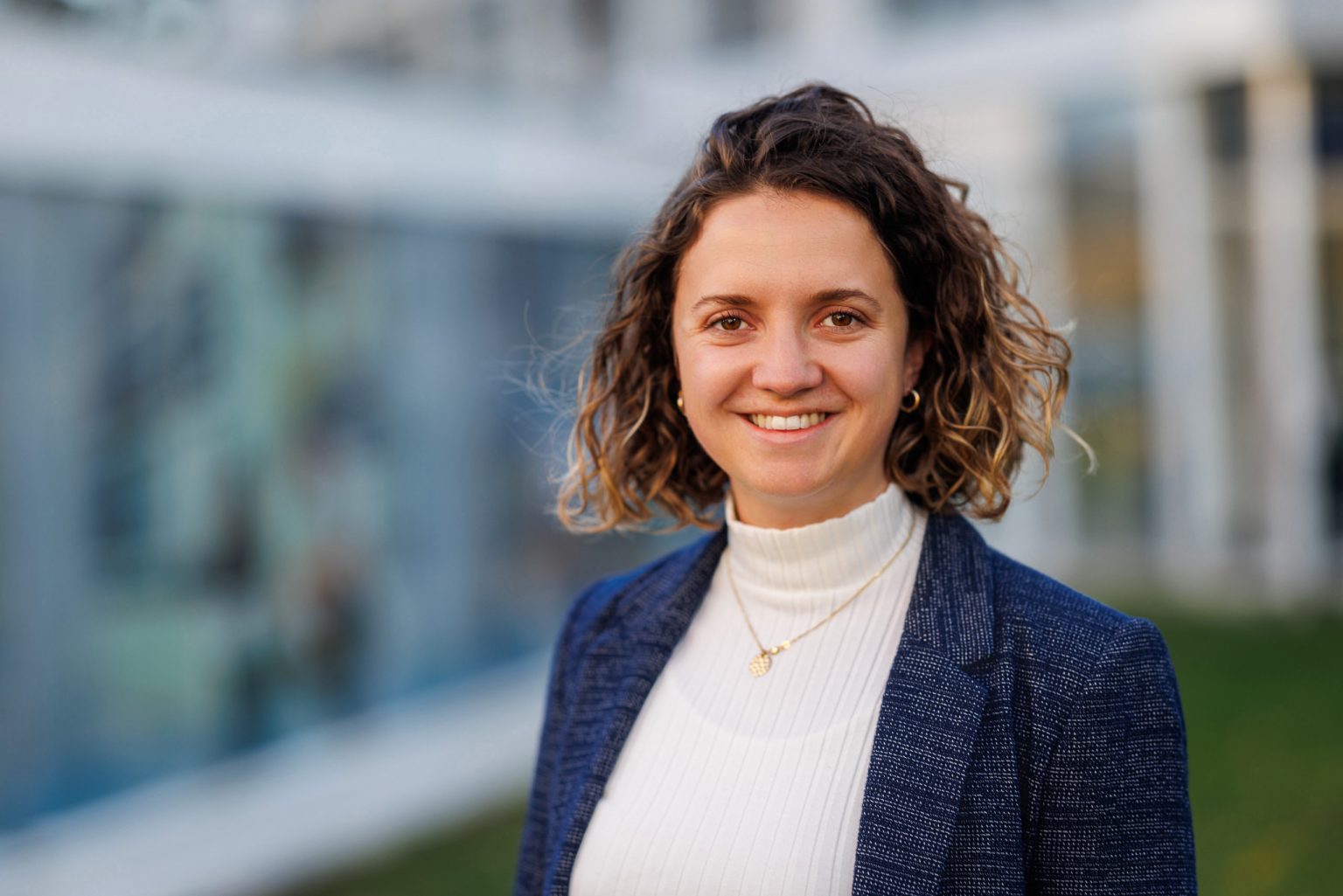
Alex Bernasconi
Applications Project Manager
Alex’s bio
Alex serves as an Applications Project Manager at OQI, focusing on fostering collaboration within the OQI use case teams. This role involves ensuring seamless connections between team members and providing the tools and resources necessary for success. A true passion for Alex is bridging science with human impact—bringing people and innovative ideas together to create meaningful outcomes.
Before joining OQI, Alex worked in quantum engineering, contributing to the development of cutting-edge quantum hardware at QphoX in Delft, The Netherlands. Alex holds a MSc degree in Interdisciplinary Science from ETH Zurich, specializing in Quantum Physics.
Outside of the quantum world, Alex serves on the board of the Swiss Life Saving Association, supporting vital drowning prevention initiatives, and enjoys engaging in deep conversations with friends.
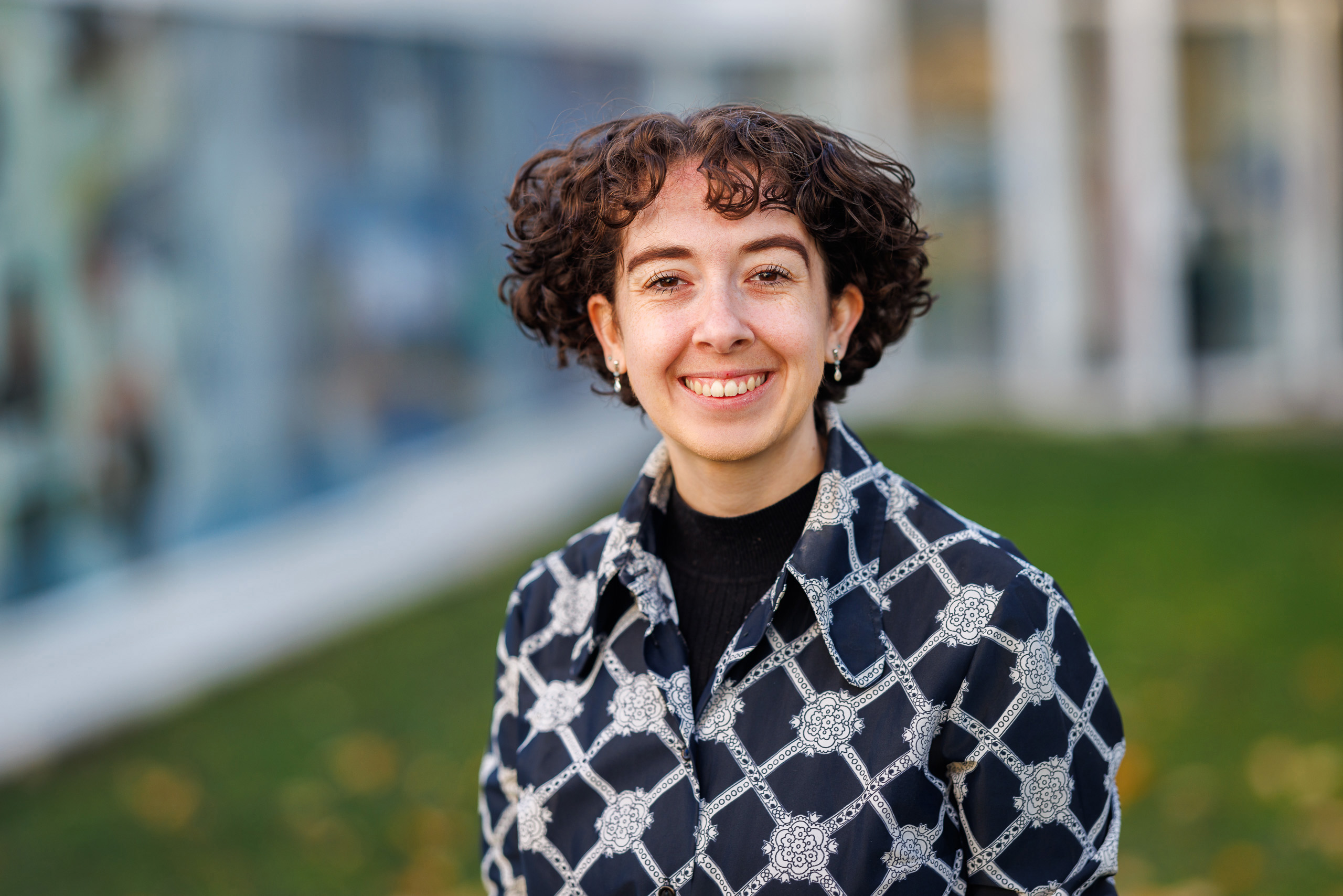
Alexia Yiannouli
Communications Officer
Alexia’s bio
Alexia graduated as a veterinary surgeon from the University of Surrey. After realising that her passion lies more in crafting words than cutting animals open, she went on to study a master’s in Science Communication at Imperial College London.
A science communicator and writer with a focus on storytelling, she has experience communicating across a range of disciplines—from veterinary medicine, IT, particle physics and quantum computing. Some of her previous roles include editor of veterinary newsite Vet Report, working in the central communications team in CERN’s International Relations department, and at IdeaSquare, the innovation space at CERN.
In her free time, Alexia write articles for the veterinary profession and can be found doing something creative (usually embroidery), out in nature, or spending time with her cat.
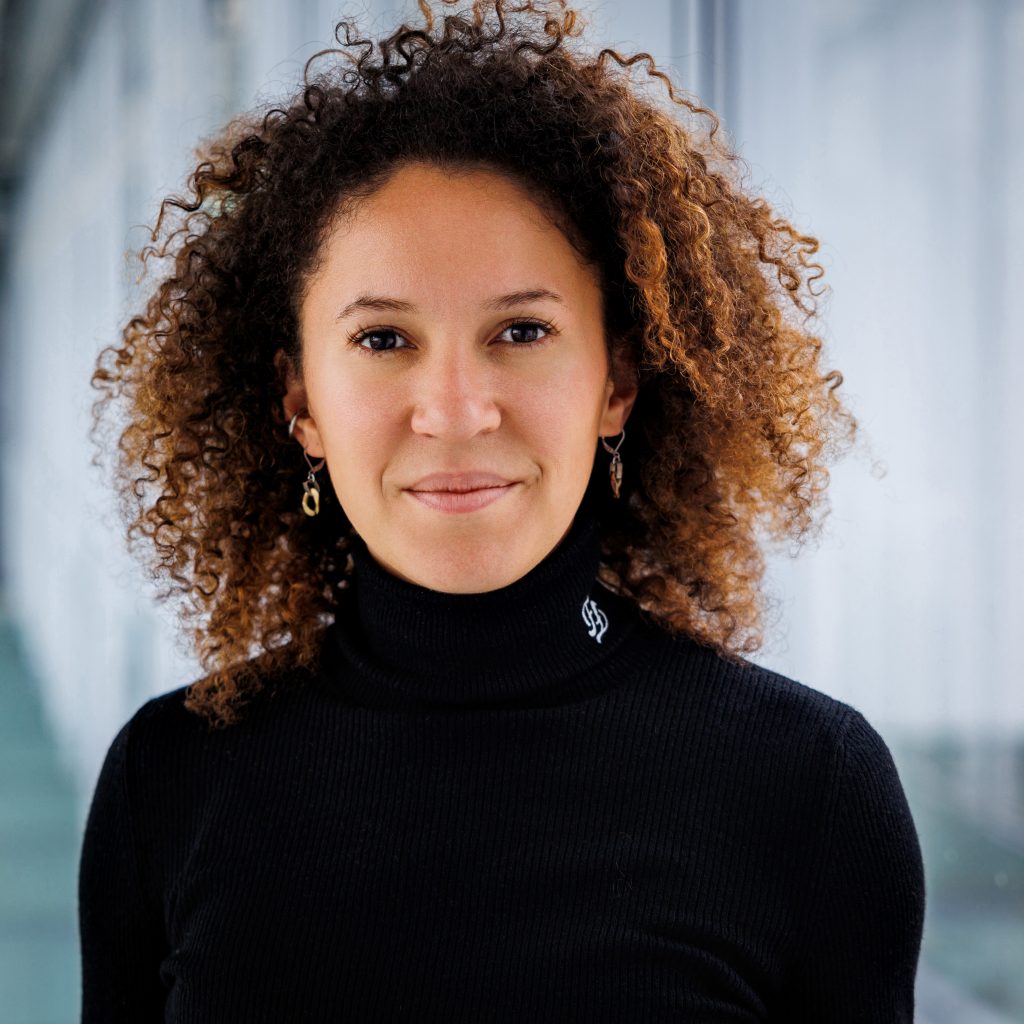
Audrey Himmer
Capacity Building Project Manager
Audrey’s bio
Before joining OQI as a project manager in capacity building, Audrey was based in Dakar, coordinating innovation and digital cooperation projects for the French Embassy. Her role involved supporting incubators, entrepreneurs, and programmes focused on women in tech, AI and space.
Previously, Audrey also led the international standardisation efforts on quantum technologies at AFNOR (the french standardisation body), helping to shape global frameworks in the rapidly evolving field.
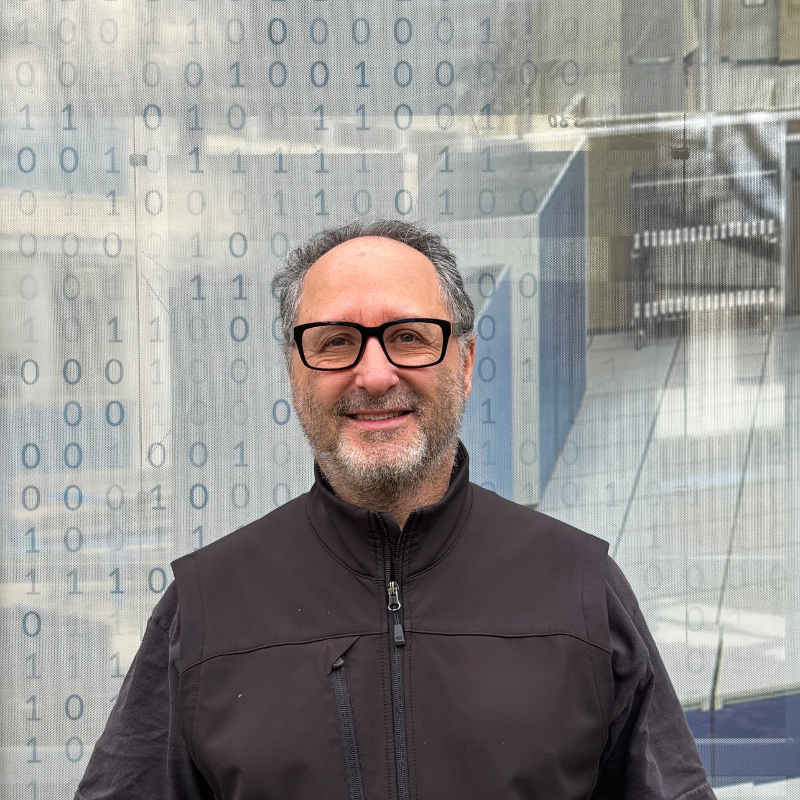
Barry Sanders
Visiting Scientist
Barry’s bio
Barry Sanders holds two Diplomas, a PhD, and a DSc from Imperial College London and is a Fellow of the Royal Society of Canada, Optica, the American Physical Society, and the UK Institute of Physics. He received the 2022 City of Calgary International Achievement Award and is best known for foundational contributions to quantum optics and quantum information science. His research focuses on quantum computing and quantum sensing and on strategy for emerging dual-use technologies.
Sanders is Scientific Director of the University of Calgary’s Quantum City, a Senior Fellow at the Canadian Centre for International Governance and Innovation, and a Visiting Scientist at CERN. Before returning to Calgary in 2003, he served as Head of Physics at Macquarie University in Sydney and held distinguished visiting research appointments internationally. He is an advisor for ventures and investors, CERN’s Open Quantum Institute, and the XPRIZE for applied quantum computing and he co-leads the Canada–France Quantum International Research Network, serves on four editorial boards, and has trained over one hundred graduate students and postdoctoral researchers.
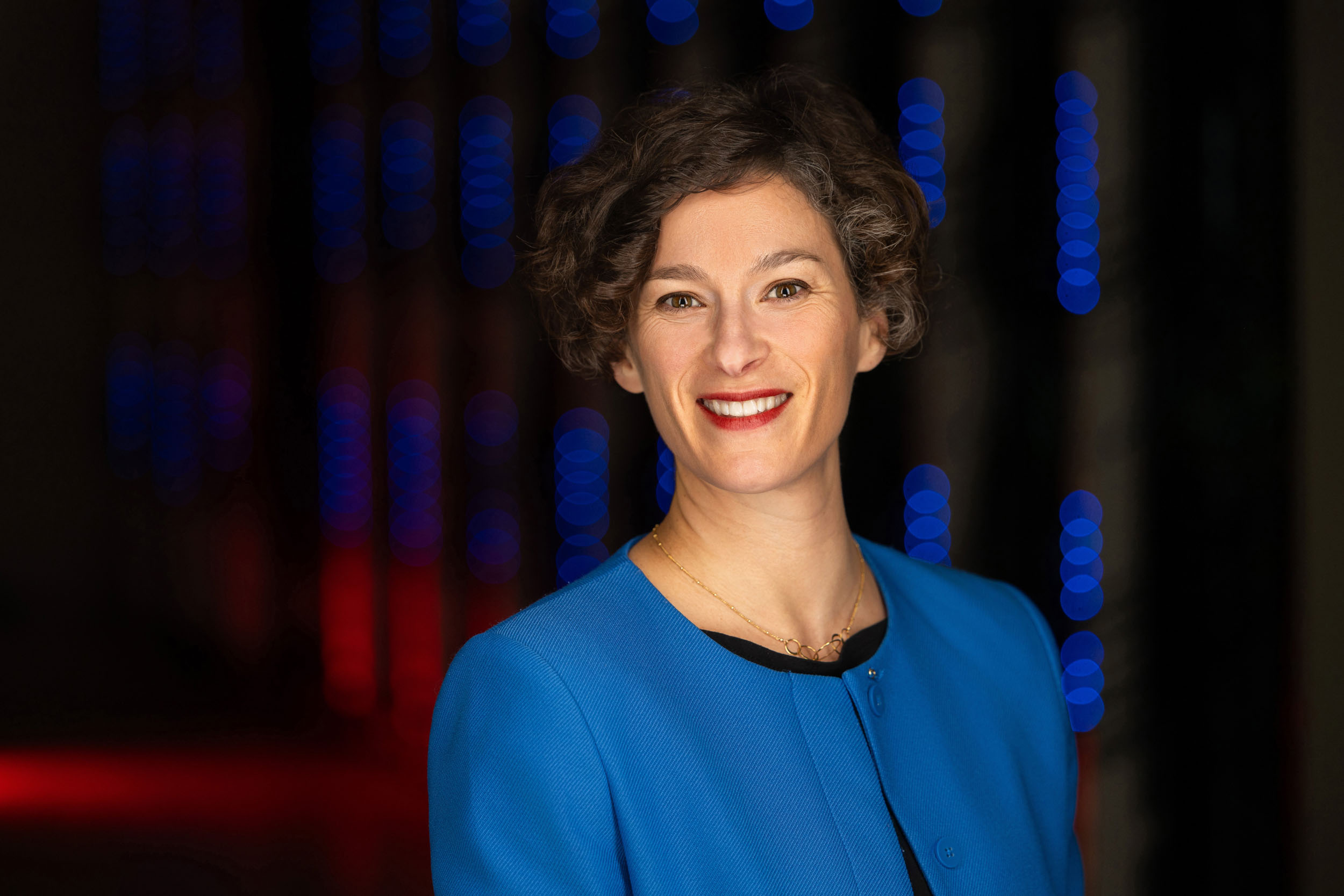
Catherine Lefebvre
Applications Lead and Senior Advisor
Catherine’s bio
Dr. Catherine Lefebvre is the Applications Lead and Senior Advisor at OQI. Catherine has years of experience in building strategic relationships as well as research and innovation partnerships in global quantum and artificial intelligence ecosystems. She is also a board member of Distriq, the Quantum Innovation Hub in Quebec, Canada. Until recently, Catherine was the Vice President of Global Policy and Partnerships at PASQAL, where she led the international research collaborations and was convenor of the European Committee for Standardisation Working Group on Quantum Computing (CEN/CLC JTC 22 WG3), as well as co-chair of the IEEE Working Group on Quantum Computing Architecture (P3120).
She previously worked as Innovation Ambassador US & Canada at M Squared Lasers, Scientific Advisor in quantum technology for the Quebec Government (MEIE), Scientific Liaison Officer in artificial intelligence for the National Bank of Canada and for the startup ElementAI (acquired by ServiceNow). Catherine has a background in research and holds a PhD in molecular physics and theoretical quantum chemistry from Université Paris-Sud and Université Laval. She then pursued research as postdoctoral fellow and research associate for almost a decade, at the Université de Sherbrooke, the Canadian Space Agency and the Institut National de la Recherche Scientifique.
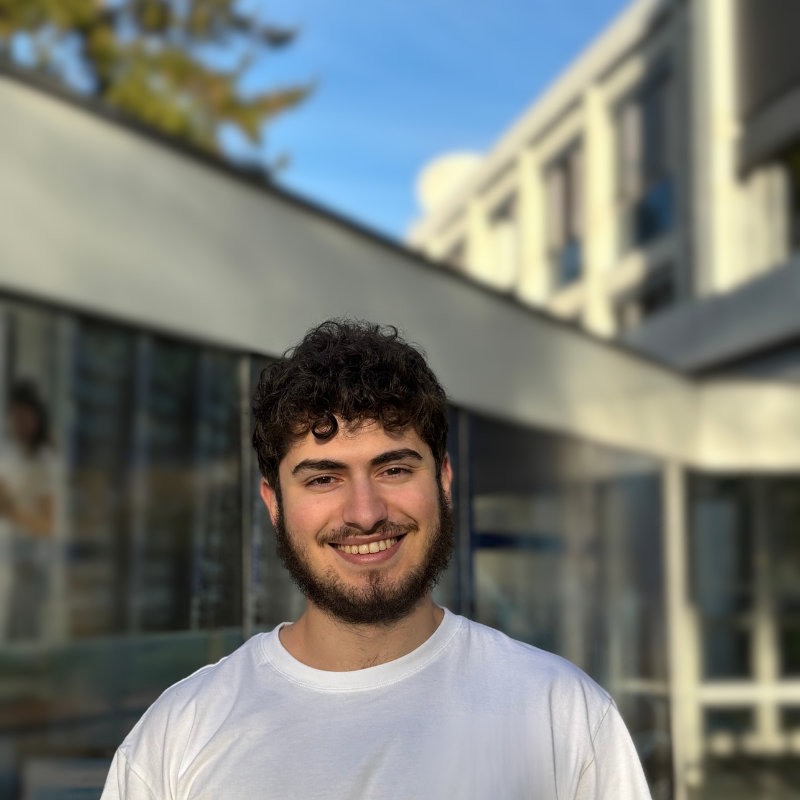
Edoardo Spigarolo
Quantum Applications Intern
Eduoardo’s bio
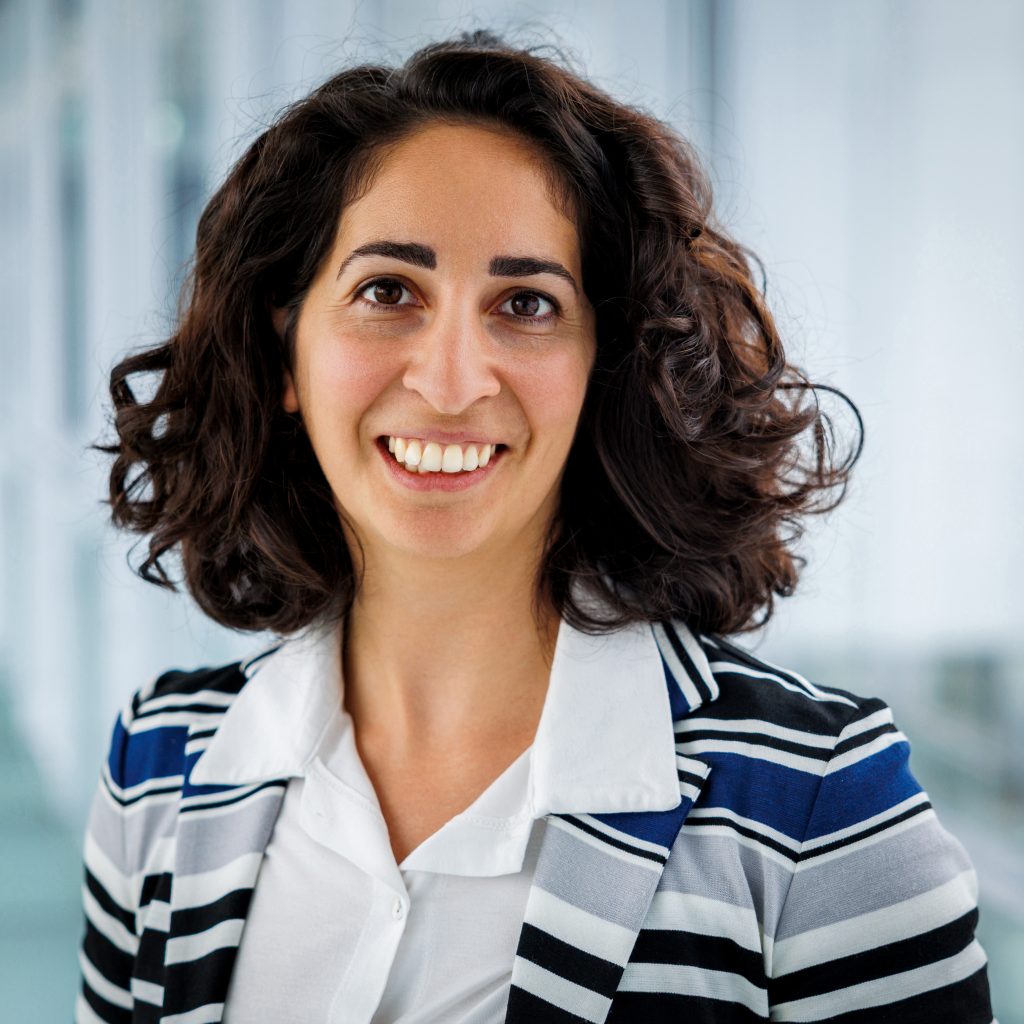
Francesca Schiavello
Applications Advisor
Francesca’s bio
Francesca is a Quantum Applications Advisor at OQI, serving as technical support to use-case team’s development. She was previously a quantum software engineer at STFC, Hartree Centre where she used her skills and knowledge to research and apply cutting-edge technology to industrial and real-world problems. She led multiple projects focused on quantum variational algorithms for optimisation problems, including evolutionary strategies, integration of HPC techniques and hybrid approaches.
Francesca holds a bachelor’s in Pure and Applied Mathematics from Boston University, and a joint master’s degree in Computational Science awarded from the University of Amsterdam and Vrije University. Before gaining her latter degree, she worked in various statistics roles for FAO of the UN and other non-profit agricultural organisations for 5 years—ork that now comes full circle in her quantum advisory role for SGD-driven projects.
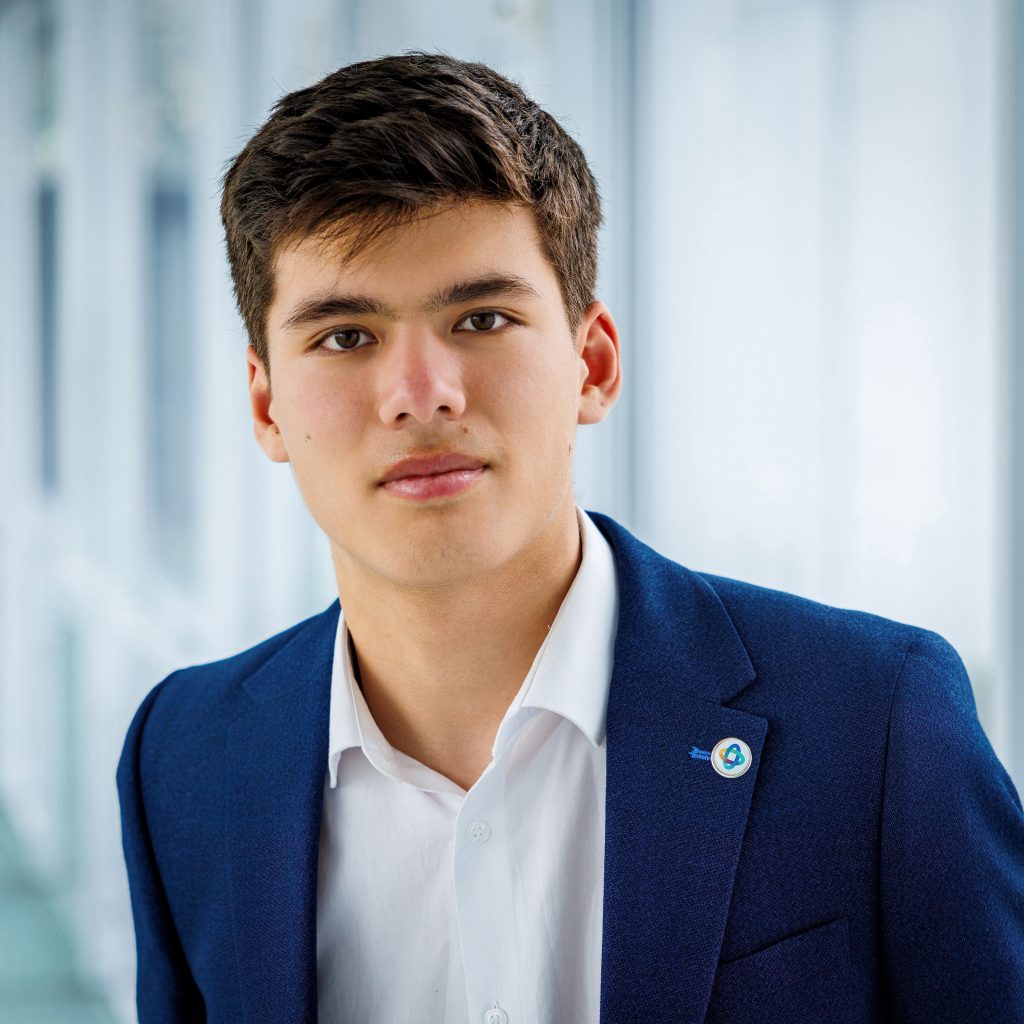
Henry Ryder
OQI Partnerships and Capacity Building Intern
Henry’s bio
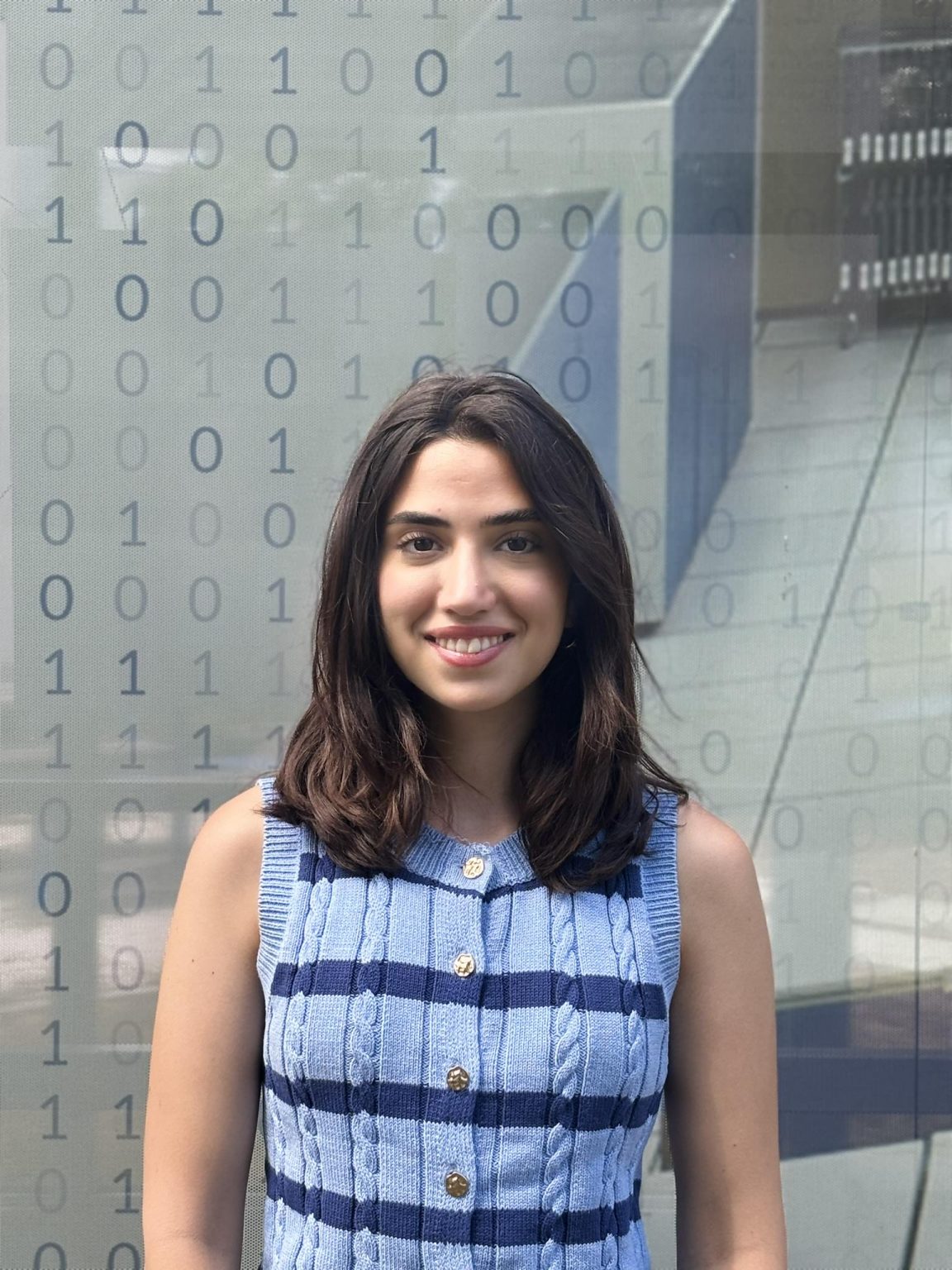
Lynn El Hariri
Software Developer
Lynn’s bio
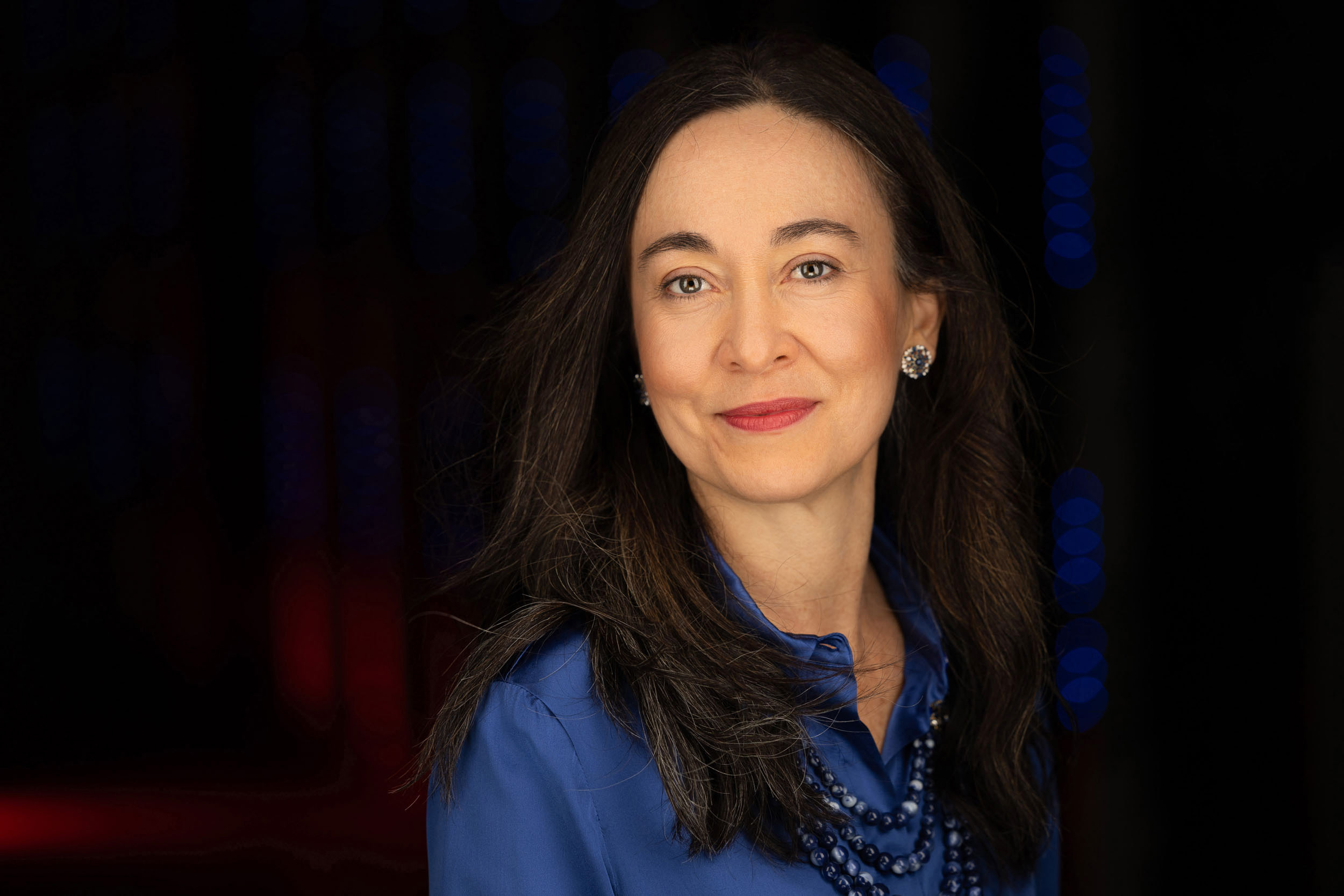
Maricela Muñoz
OQI Governance
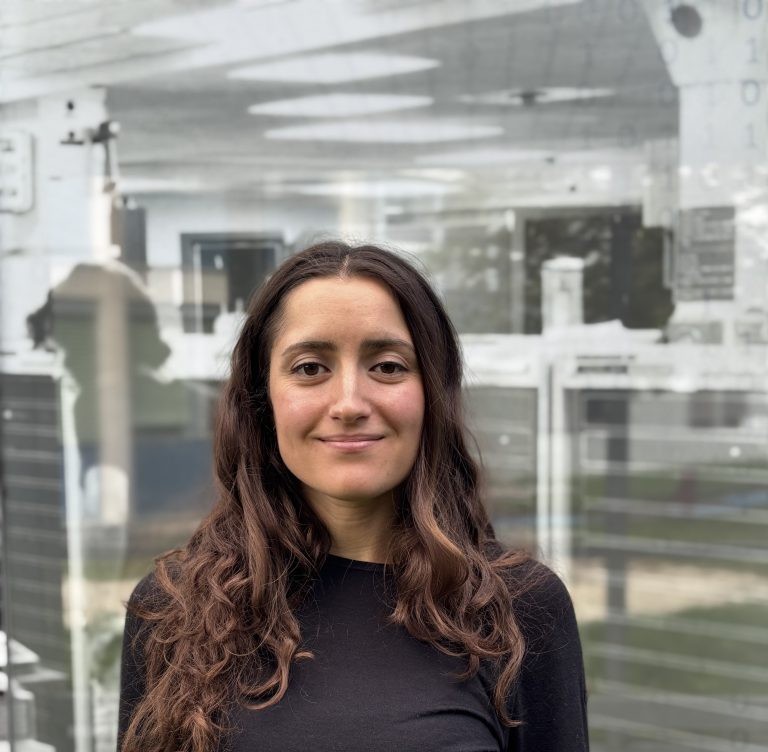
Marina Chibli
Capacity Building
Marina’s bio
Marina supports the Capacity Building team at OQI.
She holds a Bachelor in International Relations and a Master’s in Middle Eastern Studies from the University of Geneva. Marina completed her studies with a certificate on Building Capacities on Arms Control in the Middle East and North Africa region from the Geneva Center for Security Policy in Jordan, and a certificate on Regional Ocean Governance for the Mediterranean, Black, Baltic and Caspian Seas from the International Ocean Institute in Malta.
After working in monitoring and evaluation of international projects and in administrative support in real estate investment companies in Geneva and Luxembourg, she returned to her local area to work in her fields of interest, such as international collaborative projects.
Besides her professional activities, Marina likes to wander in the forests of the Jura Mountain, learn about sustainable living as well as doing falconry training activities.
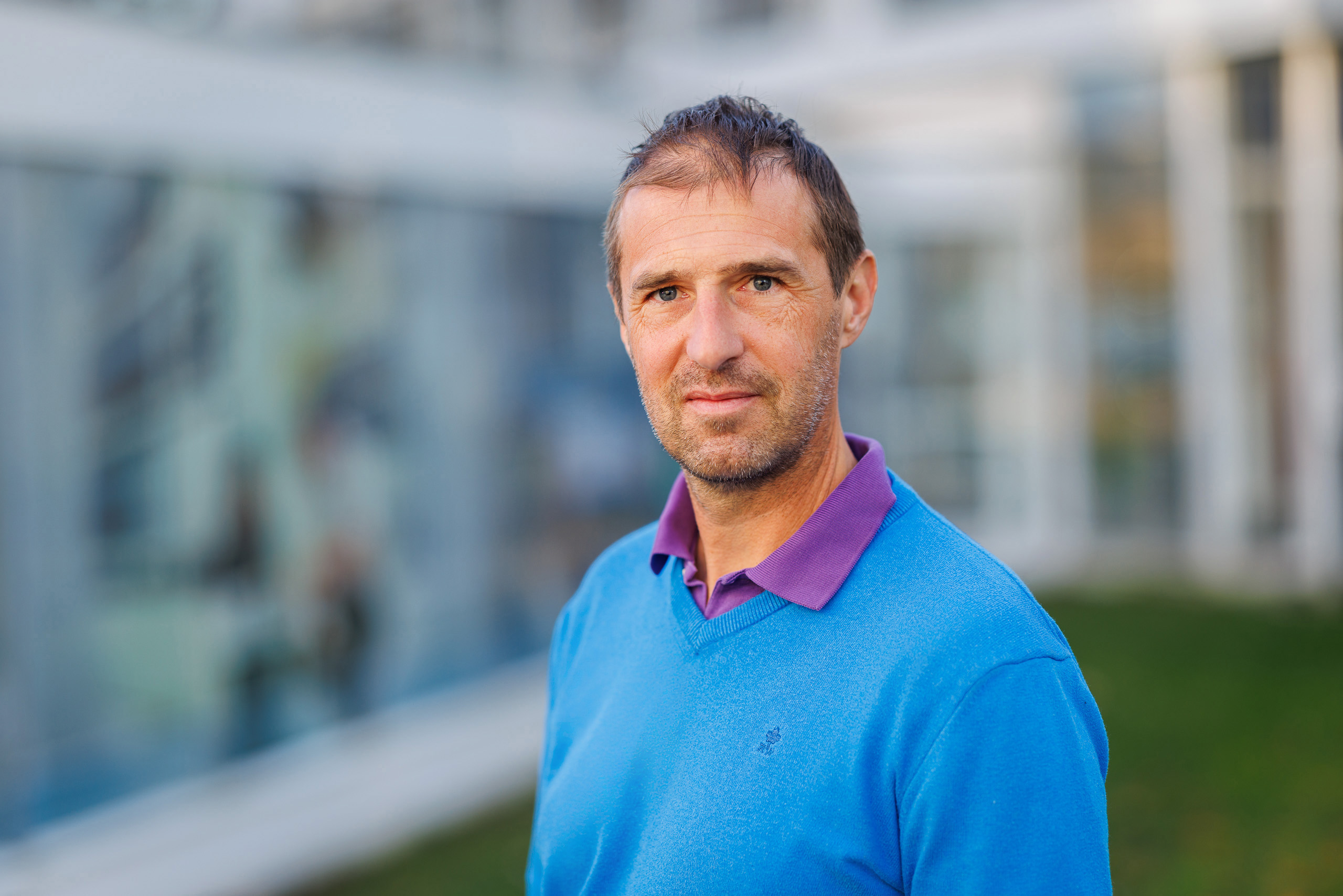
Martin Gastal
Capacity Building & Partnerships Lead
Martin’s bio
Martin Gastal is an applied physicist working as the Partnership and Engagement Lead at OQI.
From 2006 to August 2024, Martin managed the experimental area of the Compact Muon Solenoid (CMS) detector, where he was also facilitating the integration of new universities into the CMS collaboration through engagement focused on engineering and technology development. This involved setting up and supporting the development of projects that, using CERN technology, benefit local communities and promote economic development in partner countries.
Since 2018, he has worked as the CERN advisor for the Middle East and North Africa (MENA) region. In this role, he set up collaborations between the countries of the MENA region and CERN, including training programs and technology transfers initiatives. Martin now works as the Capacity building and Partnerships lead at OQI.
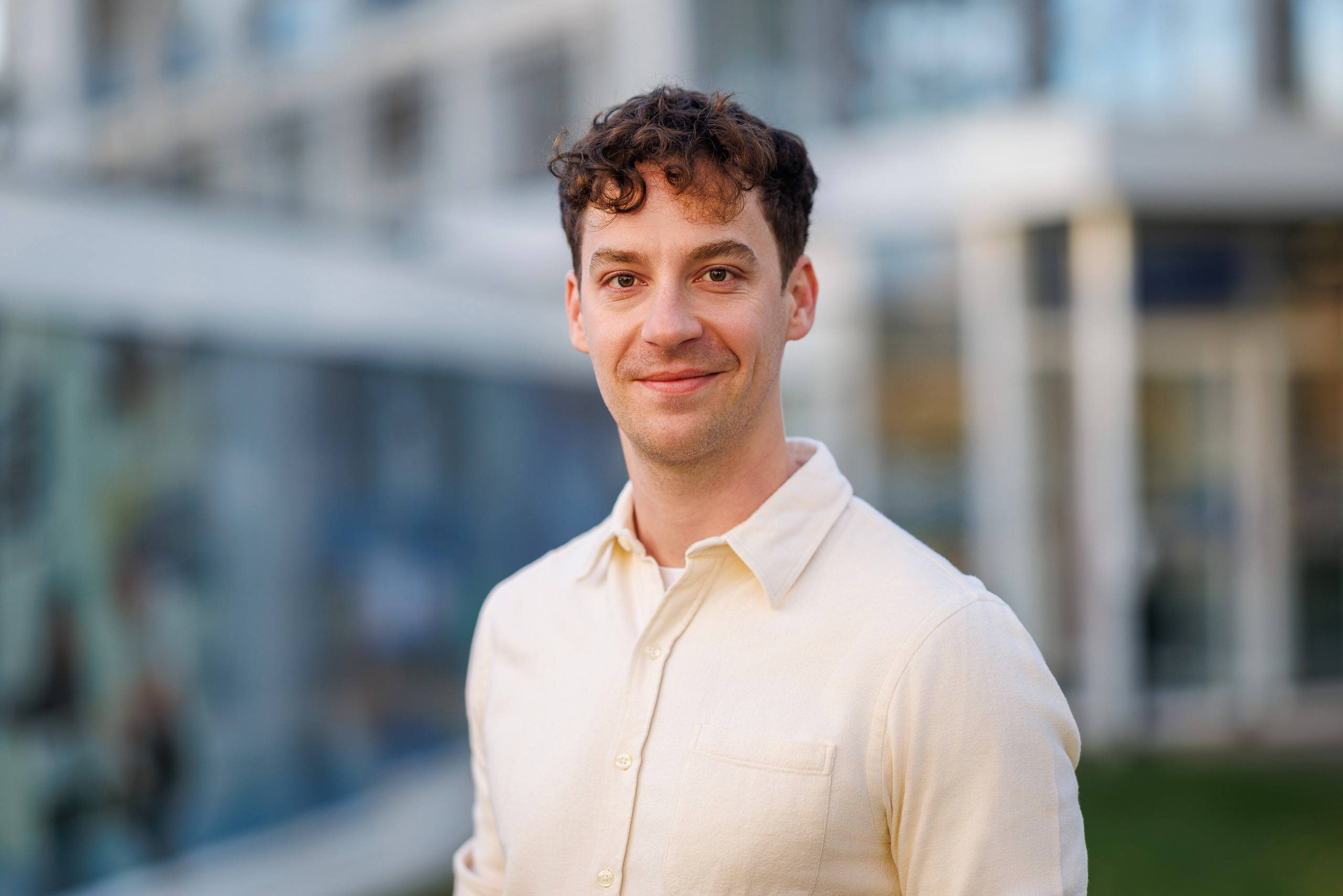
Philipp Kammerlander
Applications Advisor
Philipp’s bio
Dr. Philipp Kammerlander is Advisor and Technical Expert for OQI. With over ten years of experience, he is a distinguished expert in Quantum Information Processing and Quantum Computing.
Philipp previously served as Executive Director at the Quantum Center at ETH Zurich, where he represented the university’s research and development in quantum science and technology to stakeholders in academia, diplomacy, and industry and coordinated the centre’s activities. Before that he worked as Financial Services Consultant at abaqon AG.
In 2019, Philipp earned his PhD in Quantum Information Theory at ETH Zurich in the group of Prof. Renato Renner and has been a lecturer at ETH Zurich ever since. In 2024, he founded the consulting company 1q3 – counting on qubits and specialising in consulting and education on quantum technologies and their applications.

Tim Smith
Coordinator
Tim’s bio
Tim Smith is coordinator of the Open Quantum Institute, which he helped launch at CERN. With 25 years experience leading CERN’s projects, services and teams, this role entails Tim’s passions for communication, diplomacy, direction, negotiation and community building.
For many years Tim has championed Open Science and Open Data around the world, building services and policies for CERN and beyond. He helped craft CERN’s big data capabilities and create the first large scale compute farms. Previously, completing a PhD in Particle Physics, Tim was responsible for data acquisition, reconstruction and electroweak physics analyses on the OPAL experiment at the LEP collider at CERN.
Outside of work, Tim is an avid gravel bike commuter and a passionate mountaineer.
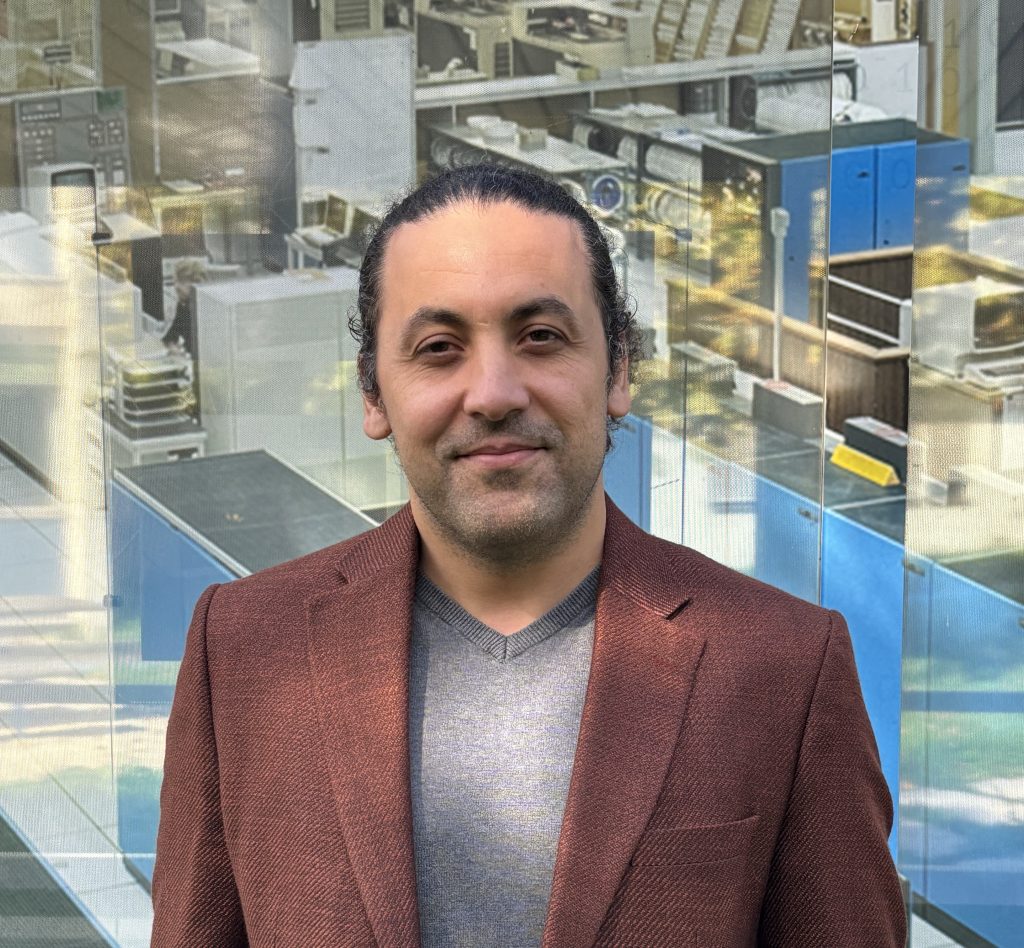
Yacine Haddad
OQI and QTI Quantum Computing Advisor
Yacine’s bio
Yacine is a physicist at the University of Bern and CERN, whose research interests include detector development for high-energy physics, quantum sensing, and the use of machine learning in data analysis. Over the years and as a CMS collaboration member, Yacine has worked on calorimetry, data acquisition systems, and methods to improve the precision of experimental measurements in the Electroweak sector and Higgs.
After earning a PhD at École Polytechnique in Paris, where he worked on calorimeter development with the CALICE collaboration for future lepton colliders, Yacine held research positions in the UK and the US, where he contributed to both instrumentation and physics analysis projects in CMS, as well as to studies of new detector concepts. More recently, in collaboration with CERN’s Quantum Technology Initiative, his focus has shifted toward the interface between quantum technologies and particle physics.
At the Open Quantum Institute, Yacine serves as a quantum computing advisor. In this role, he contributes to the institute’s mission of applying quantum technologies to benefit science and society. Yacine’s work centres on exploring how quantum computing can support research in particle physics while helping to build connections between the quantum community and other areas of fundamental science and beyond.
Advisors to OQI
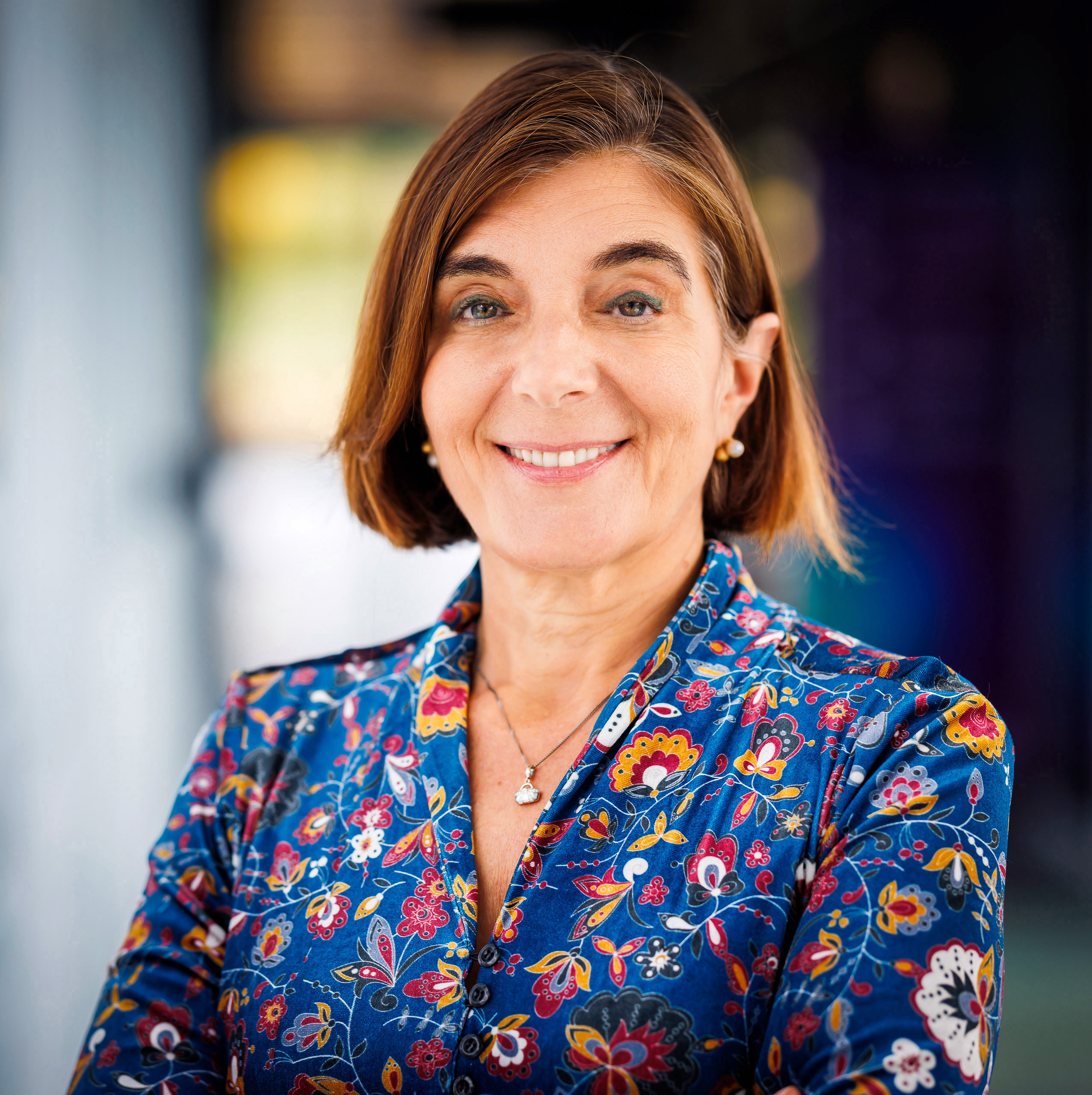
Enrica Porcari
Strategic Advisor to OQI
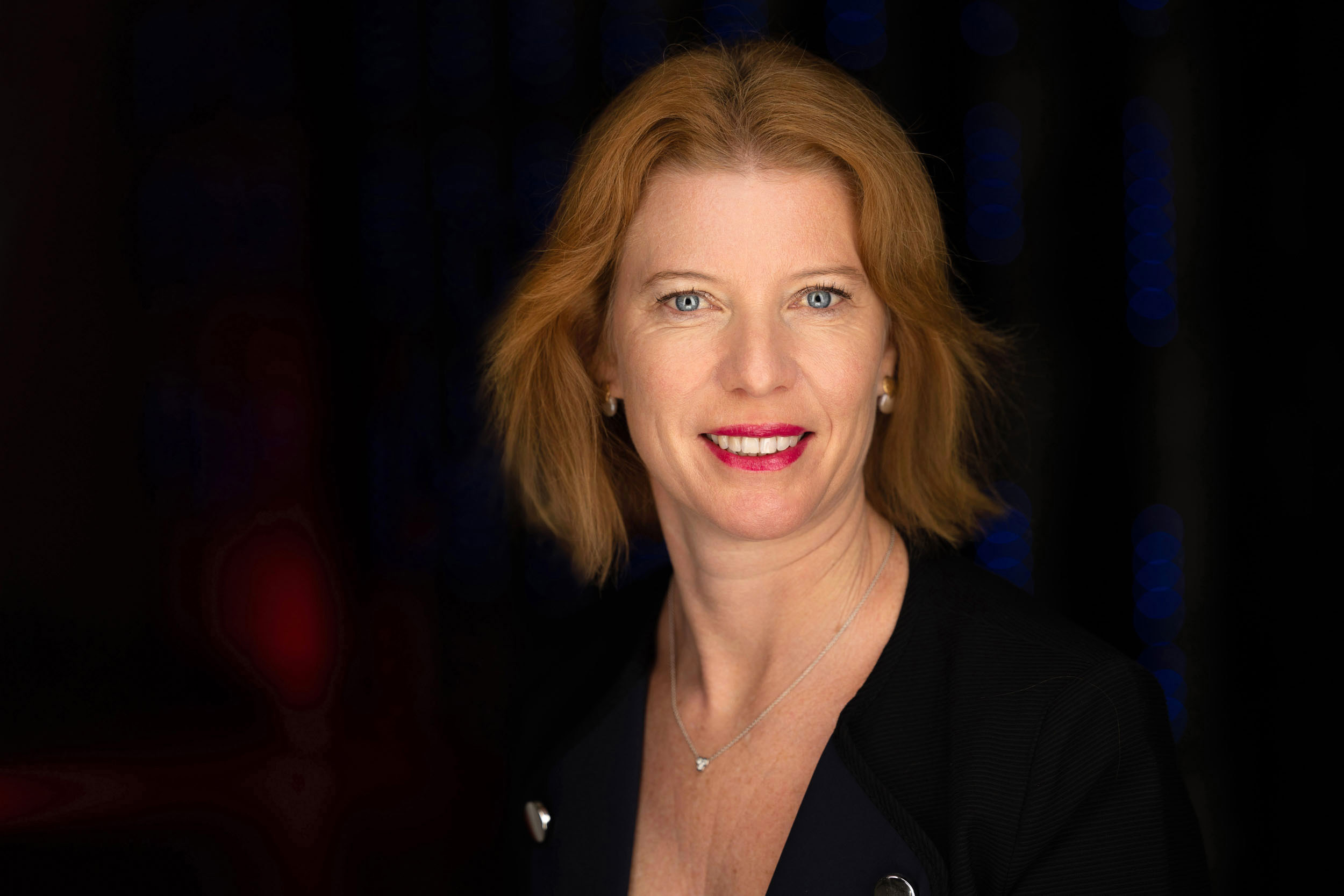
Marieke Hood
Advisory Committee Co-Chair
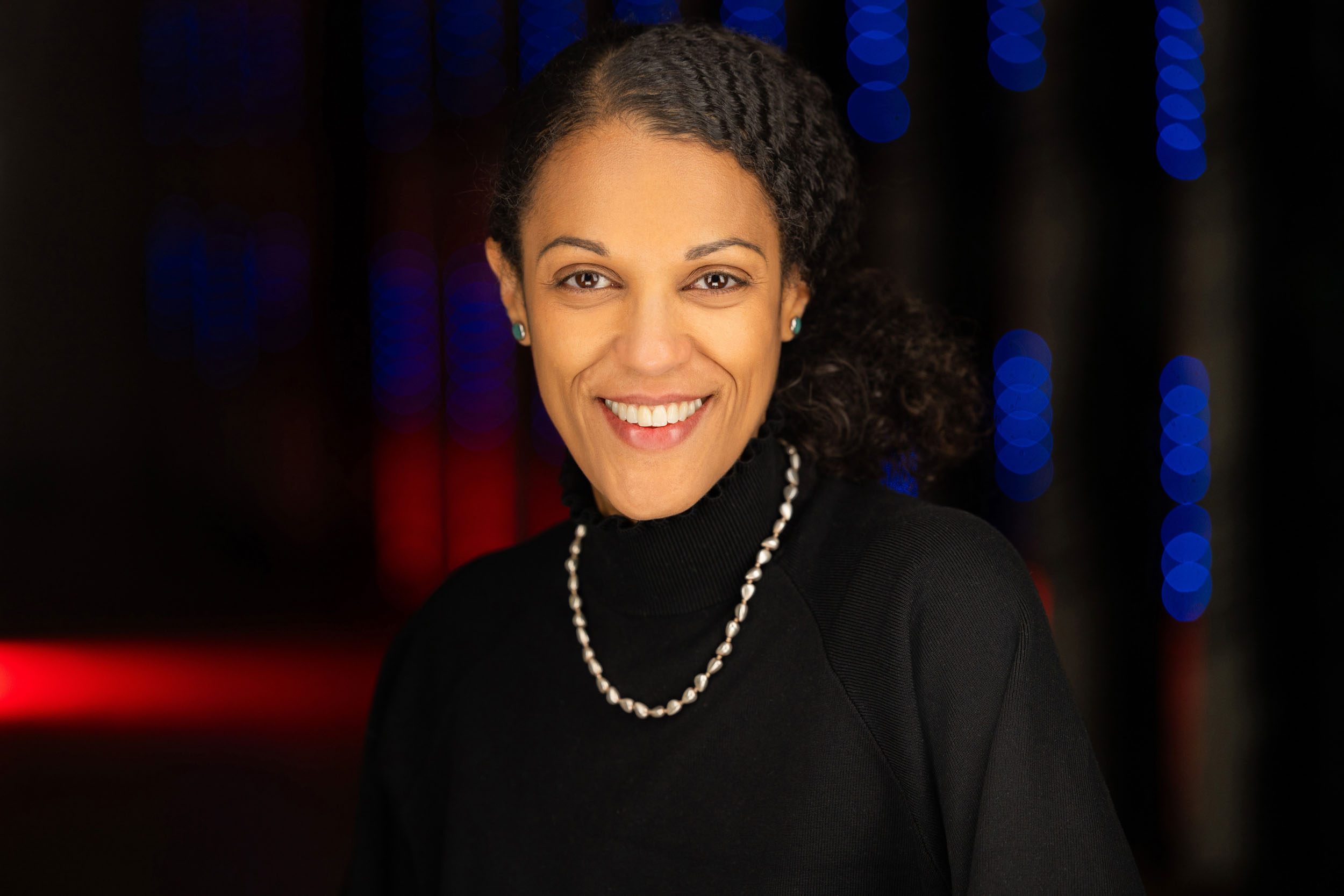
Marianne Schoerling
Capacity Building Strategic Advisor to OQI
Marianne’s bio
Marianne T. Schörling is Senior Program Manager at the GESDA Foundation, where she co-shaped the OQI as a science diplomacy instrument and its transition to CERN.
Prior, she served for several years as Head of Stakeholder Engagement at the Geneva Macro Labs, a think tank focused on harnessing the potential of emerging technologies for a more sustainable future. After she started her career 20 years ago with one of the leading strategy consulting firms in Austria— working with business and governments on large-scale projects to foster technology innovation—Marianne acquired further experience on innovation policy development with projects for the Austrian Council for Research and Technology Development, regional governmental institutions in Canada, and start-ups in Europe. She also worked with international NGOs and the UN on governance solutions to global challenges in the areas of health, environment, and human rights.
Marianne holds a PhD in Sociology from the University Hagen in Germany and a masters in Sociology from the University of Vienna. She is particularly interested in how to harness opportunities that emerging technologies provide.
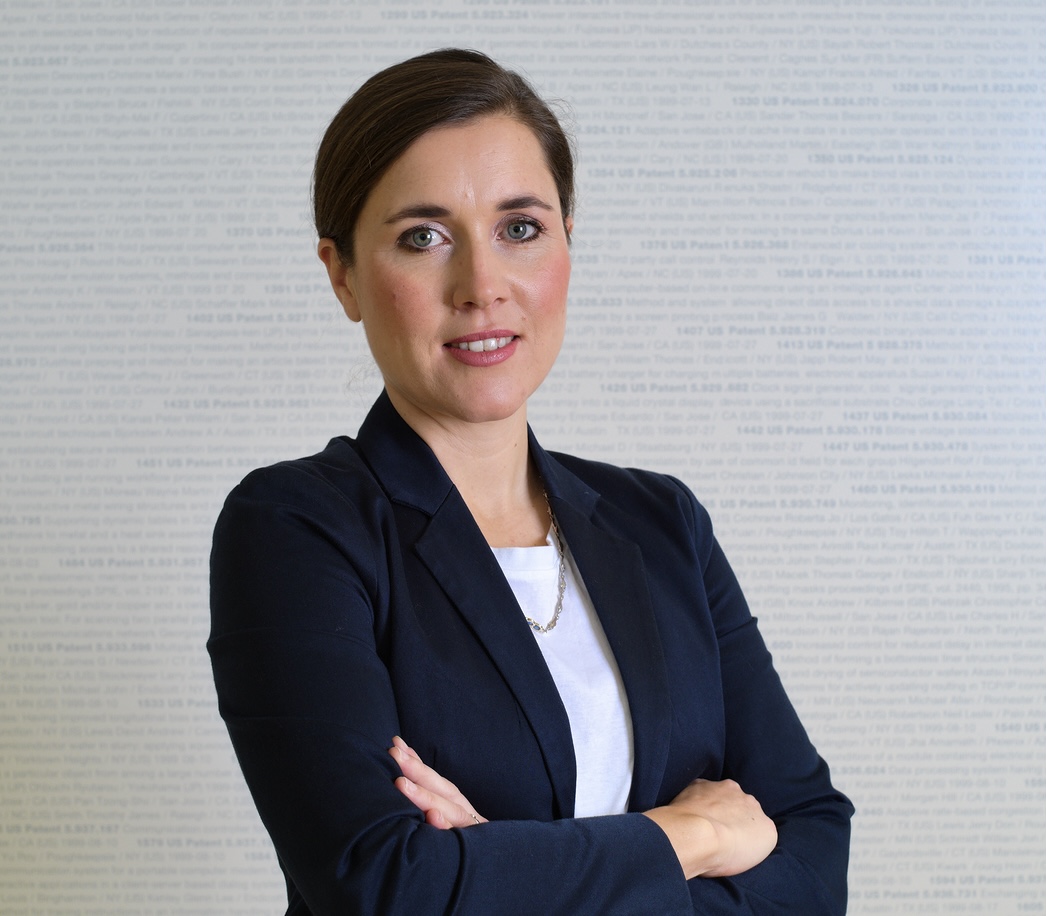
Mira Wolf-Bauwens
Senior Strategic Advisor Governance and Responsible Computing
Previous team members
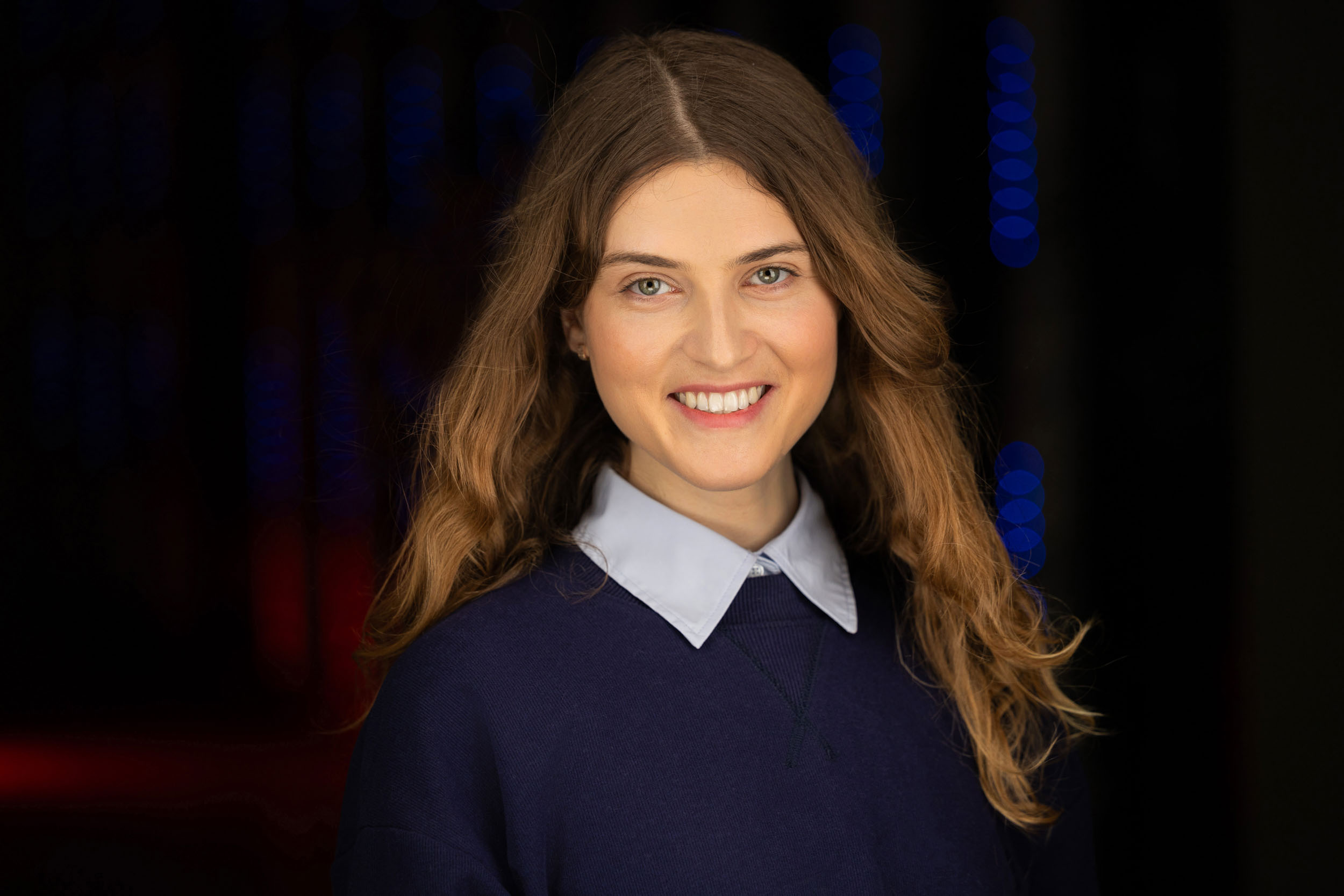
Anastasiia Lazuka
Events & Community Manager
Anastasiia’s bio
With a background in communications, outreach, and information management, Anastasiia specialises in community engagement, event planning, and content creation. In her current role as Events and Community Manager at OQI, Anastasiia fosters engagement and community growth while overseeing the execution of both internal and external events.
Having previously led communications, education and outreach activities for the CERN Quantum Technology Initiative (QTI), Anastasiia excels in coordinating large-scale events and fostering collaboration among diverse stakeholders. With a strong focus on strategic planning and operational efficiency, Anastasiia is committed to supporting impactful initiatives that drive innovation for the benefit of humanity.
A graduate of both the University of Vienna and Lesya Ukrainka Volyn National University, Anastasiia holds multiple degrees in Mass Media and Communication Science, Publishing and Editing, as well as Journalism. Her experience extends to previous roles at the European Parliament, Open Channel Magdeburg, and FOMOSO, where she gained skills in media relations, content creation, and strategic communication.
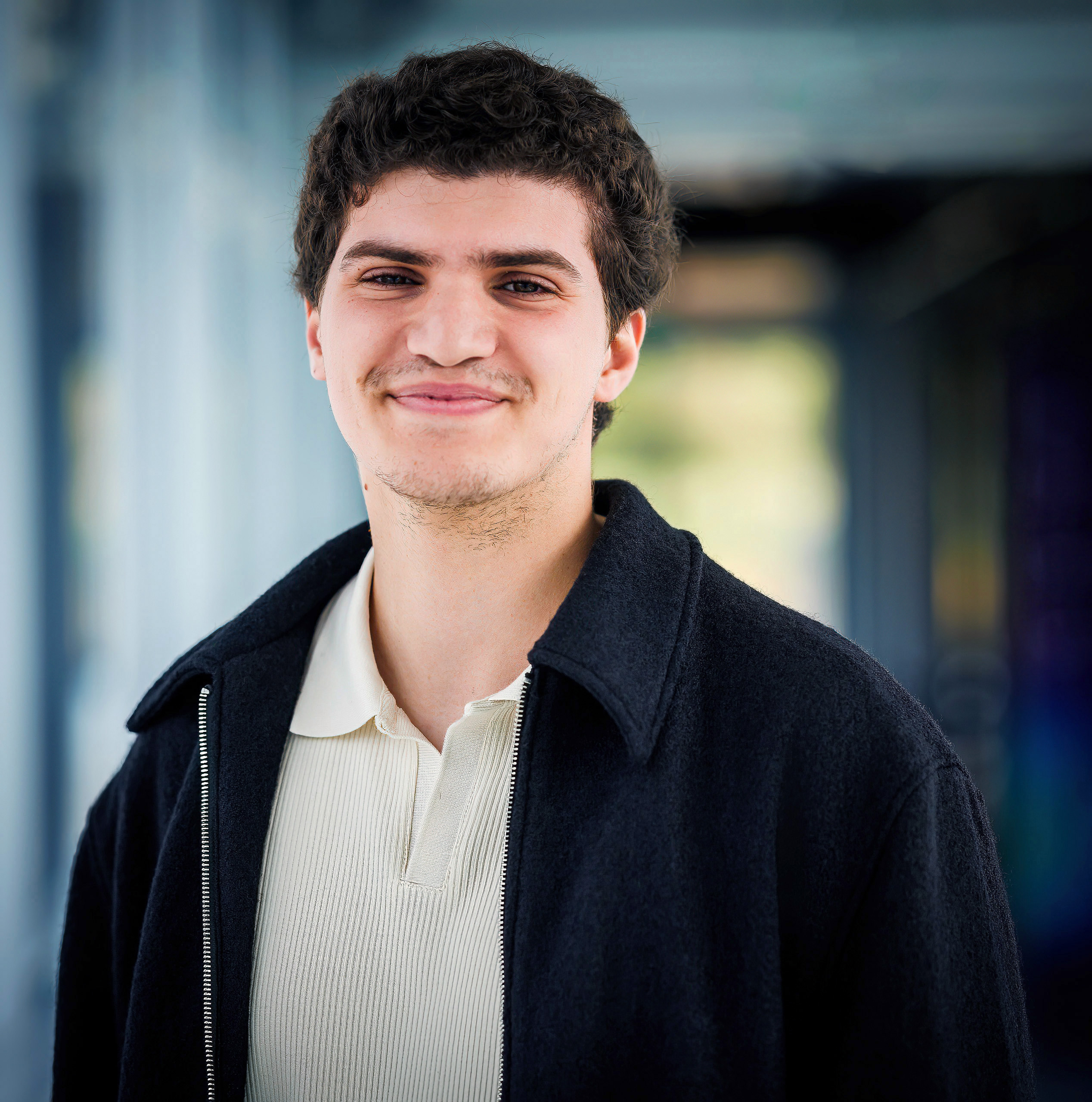
Hussein Chamseddine
Software Developer
Hussein’s bio
Hussein is a Software Engineering intern from the American University of Beirut, located in the heart of Lebanon and the Middle East. He initially began his academic journey as a pre-medical student, but soon discovered that his true passion lies in the world of technology, where he felt he could make a greater impact.
His internships at both the CMS Experiment and the Open Quantum Institute have given him the opportunity to pursue that passion, using his technical skills to simplify and improve the lives of others.
Outside of work, Hussein enjoys spontaneity and is always eager to explore new experiences—from discovering different places to immersing himself in new cultures. He is also passionate about automobiles and the automotive industry, and dreams of contributing to that field in the future.
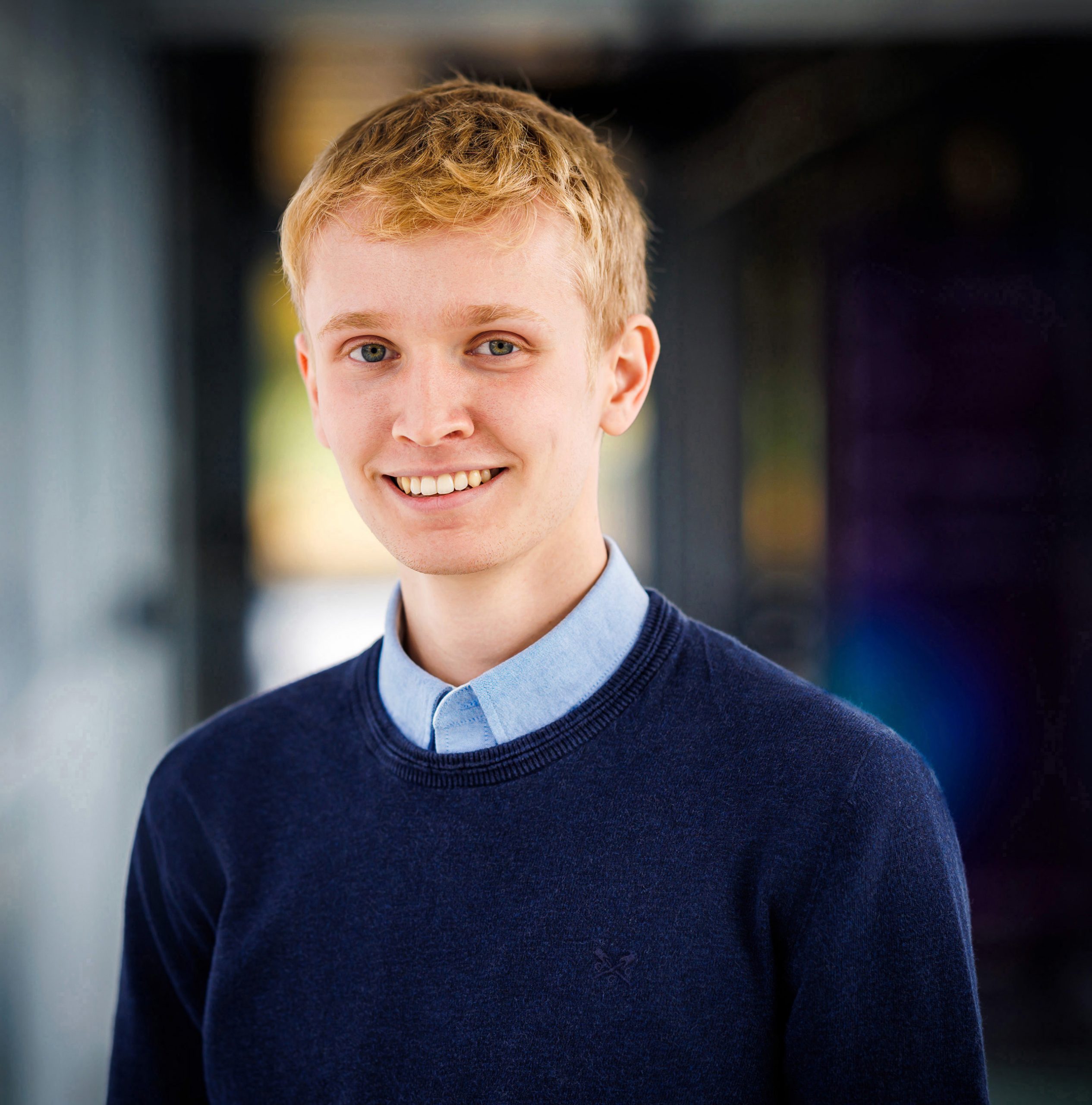
James Wilson
OQI Partnerships & Capacity Building Intern
James’ bio
James is a Mechanical Engineering student from the University of Dundee in Scotland. James originally started off at university as a civil engineering student, however, despite very much enjoying studying civil engineering, he decided that his interests and skill set lent themselves more towards mechanical engineering, hence why he decided to switch courses.
This decision proved to be a good one, as it led to him becoming OQI’s first full-time intern. Having started his internship in October 2024, James will be working at OQI until the end of August 2025.
During his free time, James likes to spend his time outdoors, enjoying activities such as hillwalking, cricket and tennis. He also likes to spend some of his free time playing the guitar and violin.
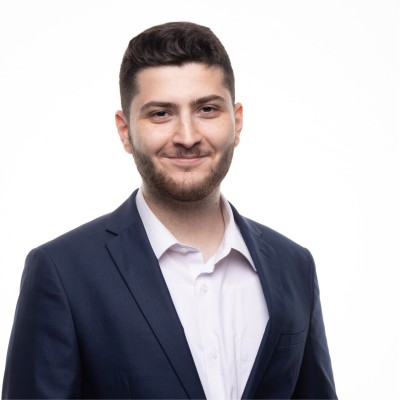
Othman Alabed
OQI Intern and CERN Summer Student
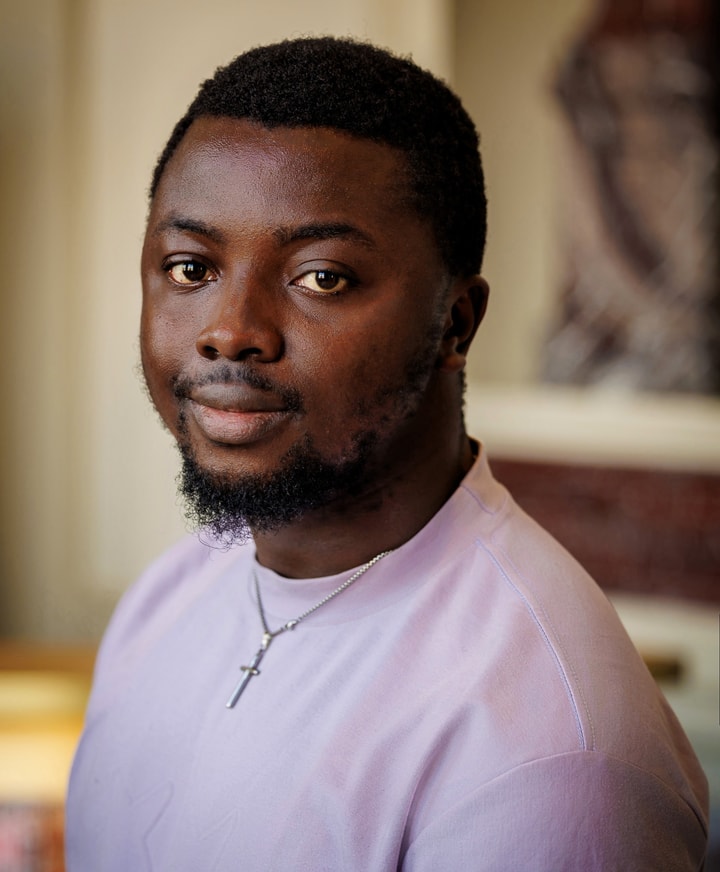
David Dosu
Research Associate
David’s bio
David is a research associate at OQI and a visiting lecturer at the University of Geneva. He holds a degree in applied physics from the University of Benin in Nigeria. Recently, David took a research gap year from an Erasmus Mundus master’s program in advanced particle physics at the University of Clermont in France, where he focused on theoretical physics, and at the Technical University of Dortmund in Germany, where he focused on computation.
Currently at OQI, he is developing Bayesian reinforcement learning algorithms to predict breakthrough fields in scientific research.
In his free time, he enjoys reading lofty philosophical texts, watching films, cooking, singing, and doing maths.
